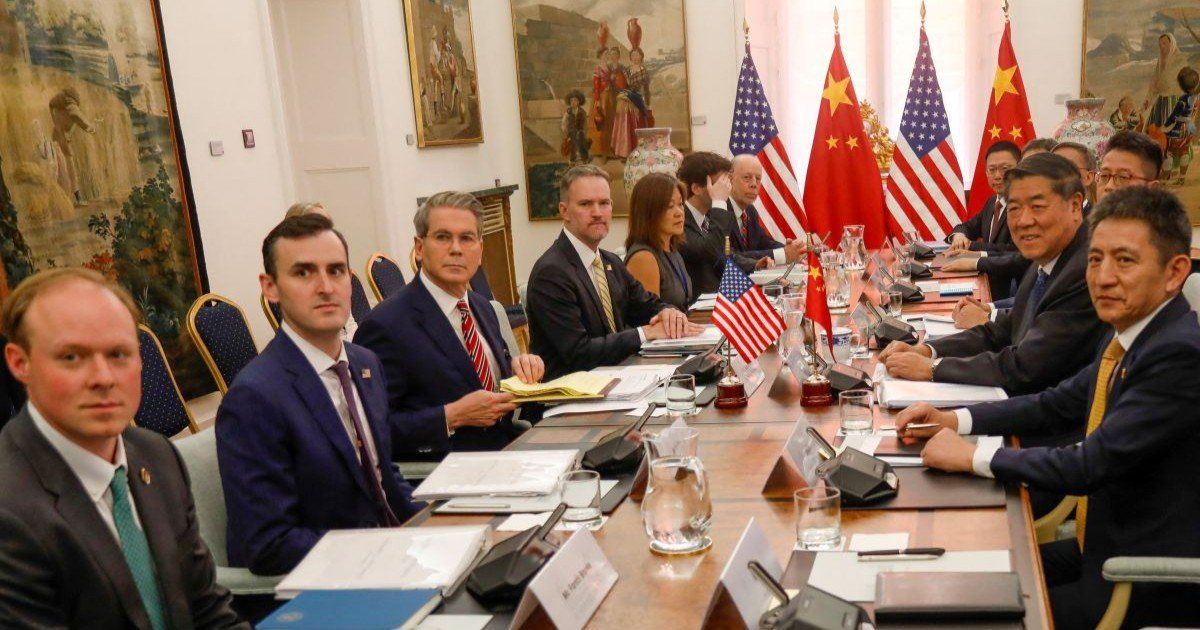TikTok deal emerges ahead of possible Trump-Xi phonecall
In an announcement teeming with viral potential, the White House said the US and China have outlined a deal for TikTok to continue operating in the US. The China-controlled social media giant faced a September 17 deadline to accept US ownership or be banned over national security concerns. So far so good, but the news comes as both sides are jockeying very strongly for position in trade talks this week: Beijing has accused US chip giant Nvidia of violating Chinese antitrust laws, just days after Washington blacklisted 23 Chinese tech companies. Donald Trump says he and President Xi Jinping will speak directly on Friday.
Germany’s AfD triples vote in state election
The far-right Alternative for Germany (AfD)won 14.5% of the vote in Sunday’s local elections in North Rhine-Westphalia, Germany’s most populous state and home to a quarter of its population. Centrist parties received the most votes, with the CDU at 33.3%, and the SPD at 22.1%, but the AfD surpassed the Greens at 13.5%, as they had done in February’s federal elections. This time, twenty thousand parliamentary seats in 400 towns and municipalities wereup for grabs, and while the election does not directly impact the national government, it confirms the AfD’s growing popularity outside its traditional eastern base, chiefly due to concerns about housing and migration.
African Union to form critical minerals coalition
Africa holds 30% of the world’s reserves of critical minerals – an essential component of advanced and green technologies. But producers there exert little control over the global market for these resources, and the wealth they generate. To change that, the 54-nation African Union has announced a coalition of producers to coordinate strategies for production and investment. China currently dominates the industry on the continent, but the US is muscling in too. This new coalition hopes to balance this great power scramble, and profit from it.
